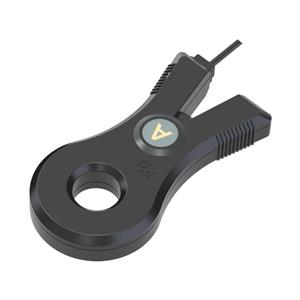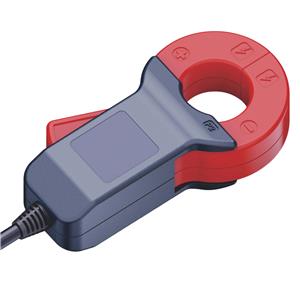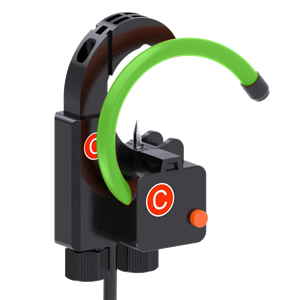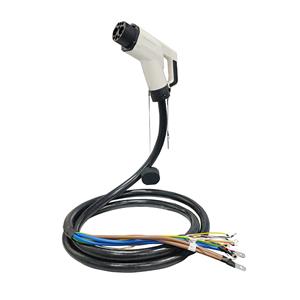-
1008-2024
The Versatile Applications of Precision Shunt Resistors
Precision shunt resistors, an essential component in electrical circuits, find their applicability in a wide range of scenarios where accurate current measurement and control are of utmost importance. Their precision and reliability make them invaluable in various industries.
-
2301-2024
Selection Criteria for Precision Shunt Resistors
Providing guidance on selecting the most suitable precision shunt resistors based on application requirements, including factors such as resistance value, tolerance, power rating, and thermal considerations.
-
0102-2024
Applications of Precision Shunt Resistors in Current Measurement
Discussing the role of precision shunt resistors in current measurement applications, including power supplies, battery management systems, motor control, and electronic load testing.
-
2809-2023
Technological Prospects of Precision Shunt Resistors
Precision shunt resistors play a crucial role in electrical circuits by accurately measuring current flow and enabling precise current sensing applications. Over the years, advancements in technology have led to the development of innovative precision shunt resistors, offering improved performance, enhanced accuracy, and expanded applications. In this technical document, we will explore the promising technological prospects of precision shunt resistors.
-
2901-2024
Advantages of Precision Shunt Resistors
Highlighting the advantages of using precision shunt resistors, such as their high accuracy, low temperature coefficient, excellent stability, and ability to handle high power dissipation.
-
2401-2024
Comparing Precision Shunt Resistors with Other Current Measurement Techniques
Comparing Precision Shunt Resistors with Other Current Measurement Techniques: Comparing precision shunt resistors with alternative current measurement techniques, such as Hall effect sensors and current transformers, discussing the advantages and limitations of each method.
-
2101-2024
Future Trends in Precision Shunt Resistors
Future Trends in Precision Shunt Resistors: Exploring emerging trends and advancements in precision shunt resistors, such as the miniaturization of components, the integration of temperature compensation techniques, and the development of higher power handling capabilities.
-
2001-2024
Types of Precision Shunt Resistors
In summary, precision shunt resistors play a vital role in accurate current measurement and control. Metal foil resistors, thin film resistors, and wirewound resistors are three primary types available in the market, each with its unique features and applications. Metal foil resistors are known for their stability and precision, thin film resistors for their low noise and linearity, and wirewound resistors for their high power handling capabilities. Selecting the most suitable type depends on the specific requirements of the application, such as accuracy, stability, power dissipation, and temperature coefficients.




